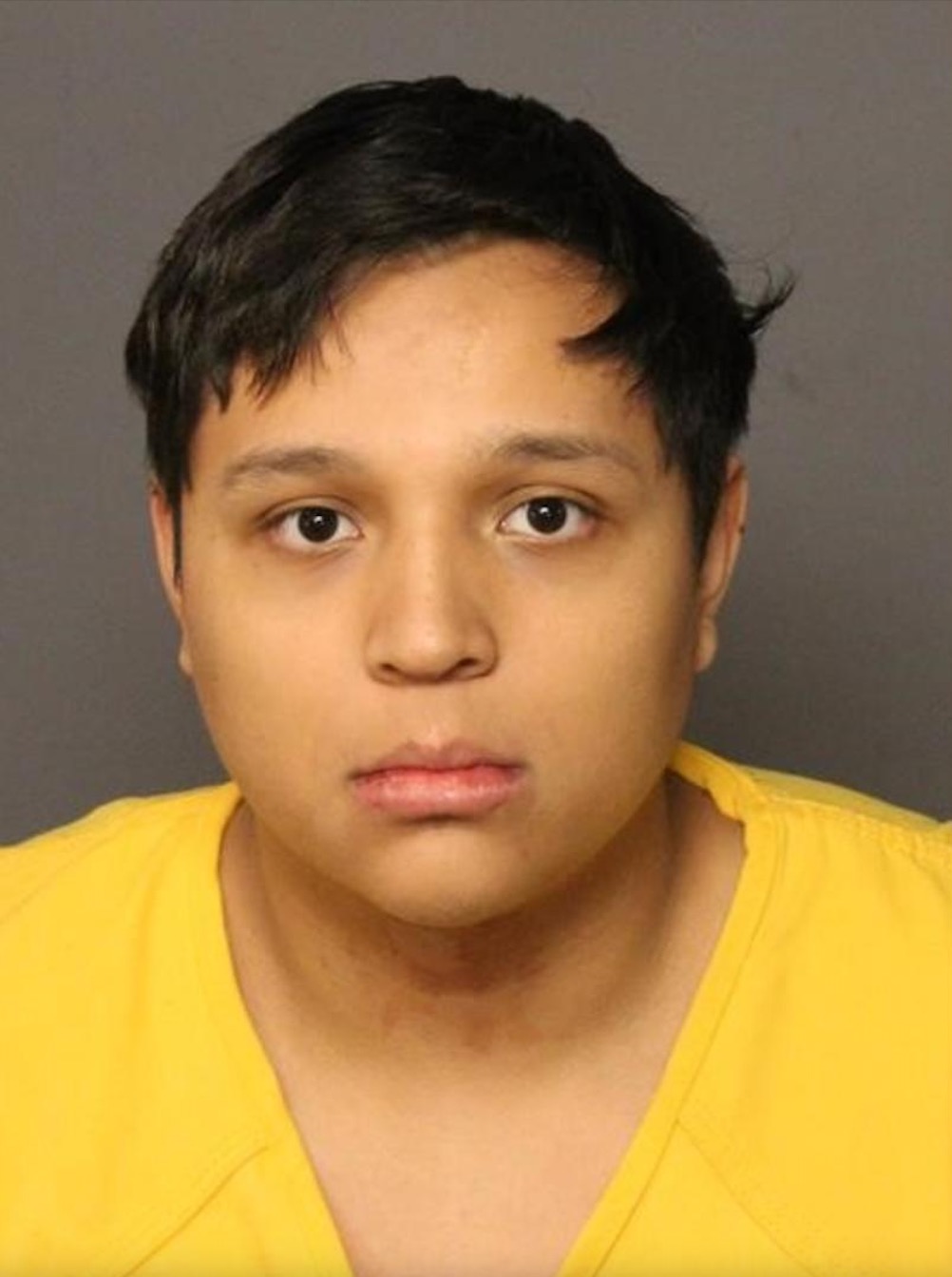In a significant legal development, a federal judge has intervened in the ongoing debate surrounding religious freedoms and workplace rights, ruling against the Biden administration’s recent regulations regarding abortion accommodations and the recognition of transgender identities in the workplace. This ruling represents a pivotal moment for Catholic employers, who have long contended that such mandates infringe upon their deeply held religious beliefs.
On September 23, U.S. District Judge Daniel Traynor, stationed in North Dakota, issued a preliminary injunction that effectively halts the enforcement of two critical guidelines set forth by the Equal Employment Opportunity Commission (EEOC). These guidelines stem from the Pregnant Workers Fairness Act and Title VII of the Civil Rights Act, which collectively aim to safeguard the rights of pregnant employees and those who identify as transgender. Specifically, the pregnant workers rule obligates employers to provide reasonable accommodations for employees dealing with pregnancy-related issues, including abortion and fertility treatments, while the Title VII guidance classifies the refusal to use an employee’s chosen pronouns or to grant restroom access based on gender identity as potential sex discrimination.
The Catholic Benefits Association (CBA), representing over 1,300 Catholic employers and 7,100 parishes, filed a lawsuit asserting that these regulations coerced its members into actions contrary to their religious convictions. The CBA argued that the EEOC’s requirements forced them to accommodate practices that contradict Catholic teachings, notably regarding abortion and certain fertility treatments.
Judge Traynor’s ruling acknowledged the CBA’s concerns, suggesting that the EEOC’s actions likely imposed a substantial burden on religious exercise, a violation of the Religious Freedom Restoration Act (RFRA). Under this law, the government is prohibited from significantly encumbering religious practices unless it can demonstrate that such actions serve a compelling government interest and are the least restrictive means of achieving that interest. The judge found that the EEOC had failed to meet this burden, stating, “Under either the [Pregnant Workers Fairness Act] or Title VII with the new guidance, the CBA’s conduct will be chilled by the choice between possible violation of federal law and free expression of sincerely held religious beliefs.”
This ruling not only serves to protect the religious liberties of the CBA’s members but also raises broader questions about the balance between individual rights and religious freedoms in the workplace. The decision echoes sentiments expressed in past cases, highlighting the ongoing tension between secular policies and religious practices. Traynor’s remarks serve as a reminder of the potential overreach of government regulations, emphasizing that “this challenge to religious liberty is a reminder of the danger of government action that is clearly anti-religion.”
Legal experts, such as Martin Nussbaum, who represented the plaintiffs, have lauded the ruling. Nussbaum noted the profound moral implications of the EEOC’s mandates and expressed gratitude for the vindication of religious rights. This ruling follows a similar decision in June by a federal judge in Louisiana, who blocked enforcement of the same rules in Louisiana and Mississippi, indicating a growing trend in the judiciary to scrutinize such regulations.
As the case proceeds, the injunction issued by Judge Traynor will remain in effect, providing temporary relief for members of the CBA while the broader legal challenges are litigated. This decision could have far-reaching implications, potentially setting a precedent for similar cases across the nation, especially in the context of religious organizations and their operational freedoms.
The intersection of workplace rights and religious freedoms continues to be a contentious arena, one that will likely see further legal challenges and societal debate in the months and years to come. The recent ruling highlights the necessity for a careful balance that respects both individual rights and the fundamental beliefs that guide many organizations, particularly those rooted in faith. As this case unfolds, it will be essential for stakeholders on all sides to engage in constructive dialogue aimed at navigating these complex issues in a manner that upholds both legal standards and fundamental human rights.

